What To Do?
NFL players across the country were faced with the question of what to do while "The Star-Spangled Banner" played before the game.
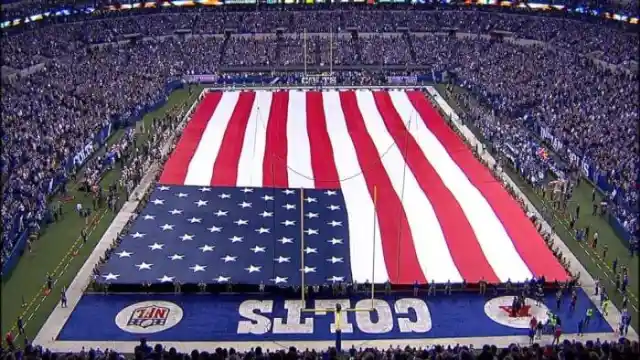
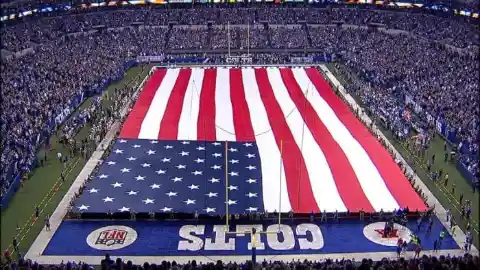
More than 200 players chose to sit or kneel.
Recent Criticism
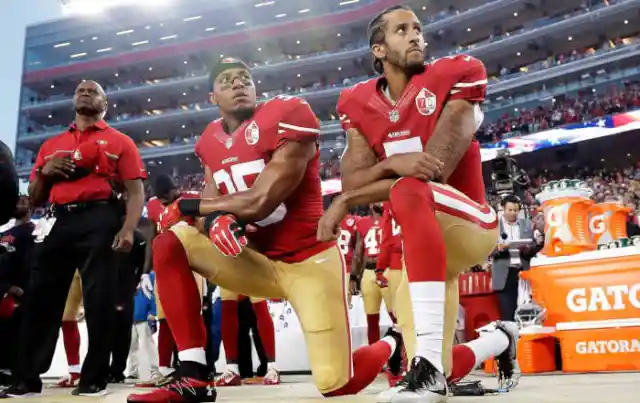
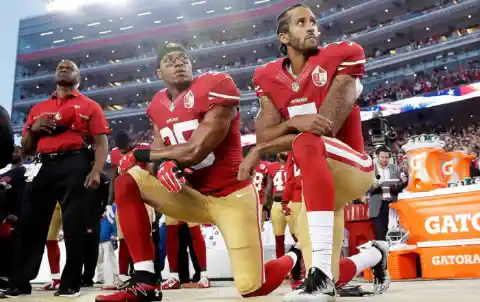
In response to President Trump's continued criticism of athletes participating in such demonstrations — it's worth remembering that this movement didn't just begin last year with former 49ers quarterback Colin Kaepernick's decision to kneel in order to make a statement about how the country is not practicing what it preaches.
An Integral Part of Professional Sporting Events
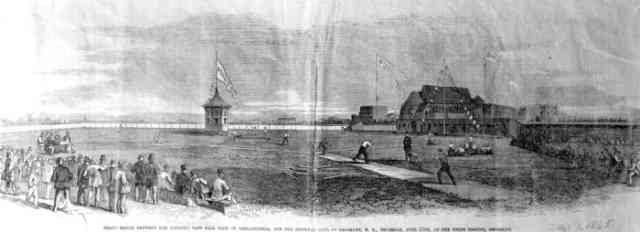
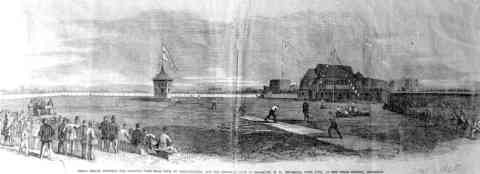
The earliest documented performance of 'The Star-Spangled Banner' at a baseball game occurred on May 15, 1862, during the opening game played at Union Base Ball and Cricket Grounds in Brooklyn, New York.
An Expensive Cost
Hiring a band was a big enough cost that the anthem was saved for "special occasions" like opening day. One famous example of this kind of special occasion was the first game of the World Series on Sept.
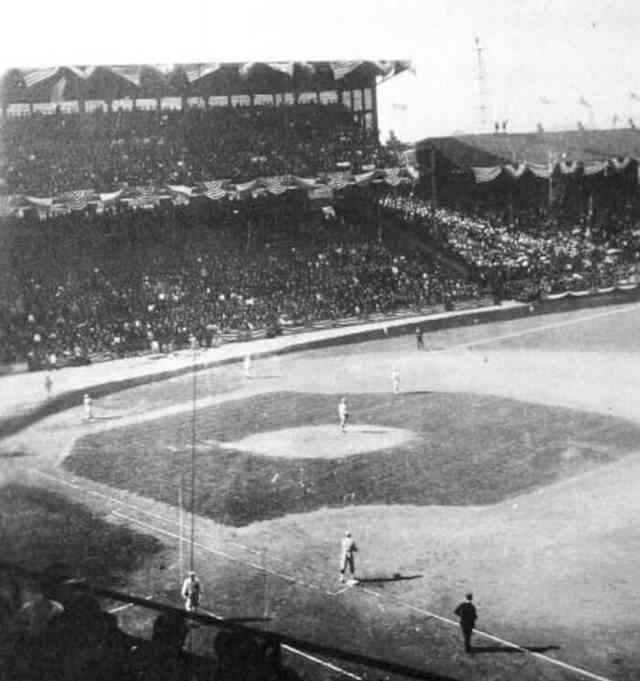
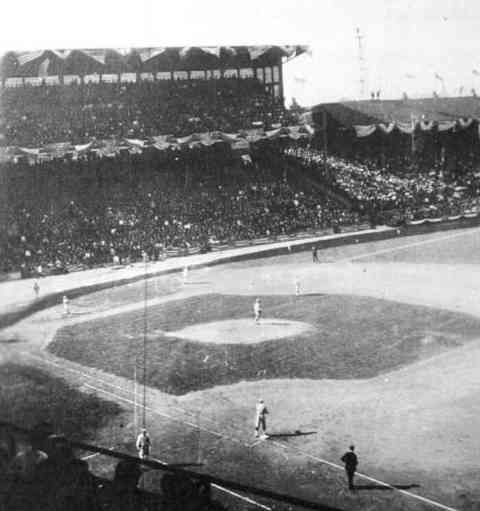
5, 1918.
Rattled By World War I
Americans were so rattled by World War I that the game almost didn’t happen.
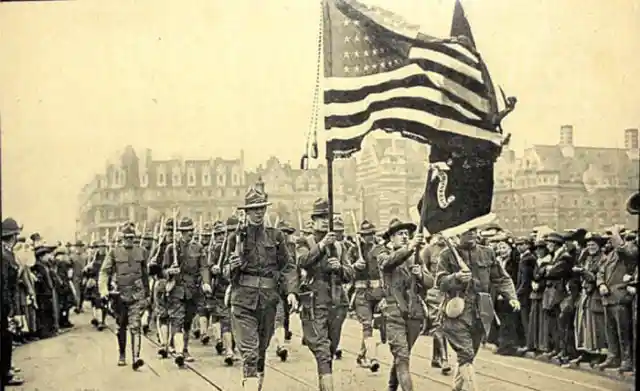
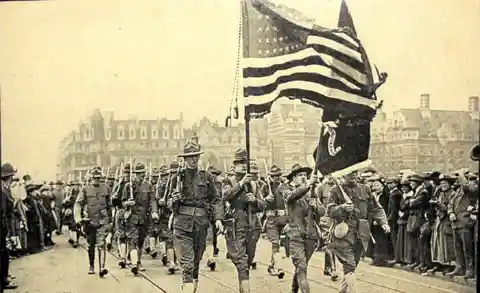
Out of respect for the soldiers, baseball officials wanted to cancel the World Series between the Boston Red Sox and the Chicago Cubs.
Soldiers Fighting In France
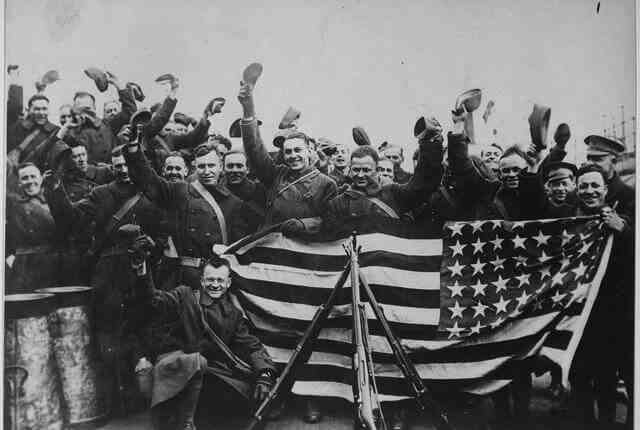
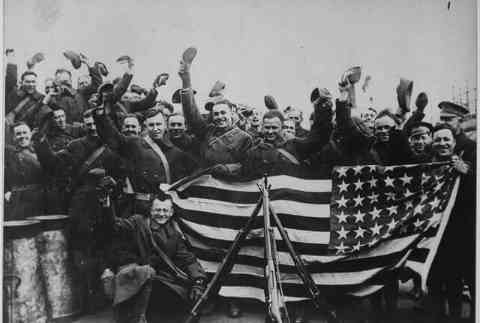
The American soldiers fighting in France however were eager to know the Series’ results so the commissioner made the final decision and the games commenced.
Fred Thomas
Red Sox third baseman and furloughed U.S.
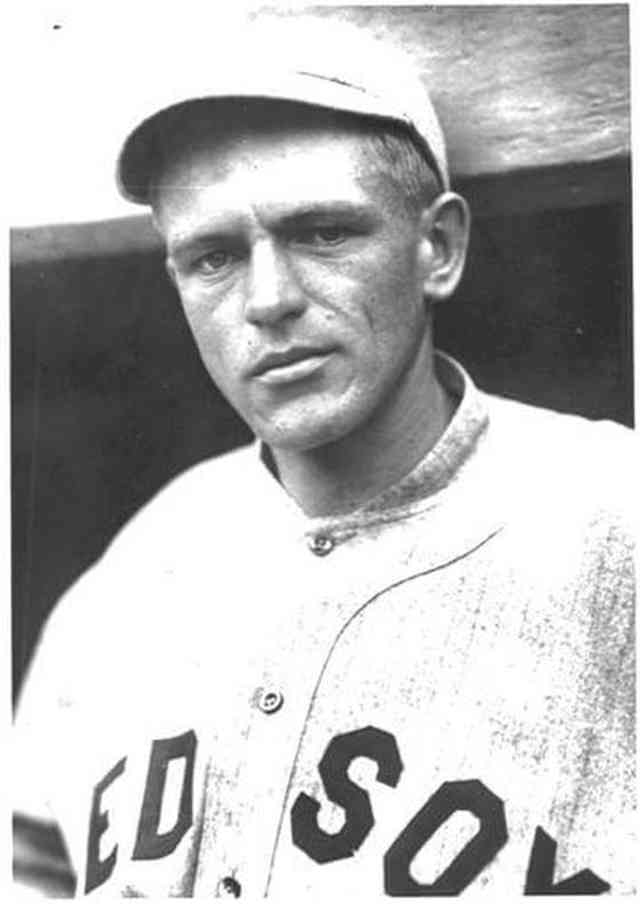
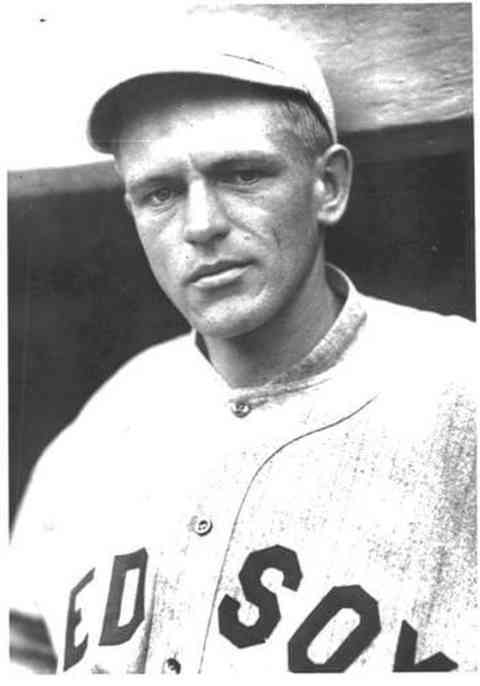
Navy sailor Fred Thomas' rendition of "The Star-Spangled Banner" was so moving that the New York Times led its recap of the game not with a rundown of the athletes' performance, but rather with an assessment of Thomas's performance.
Played At All Games
At the end of the war, after Japan announced it would surrender, NFL Commissioner Elmer Layden called for all of the league's teams to play "The Star-Spangled Banner" at their games. He argued that “The National Anthem should be as much a part of every game as the kick-off.
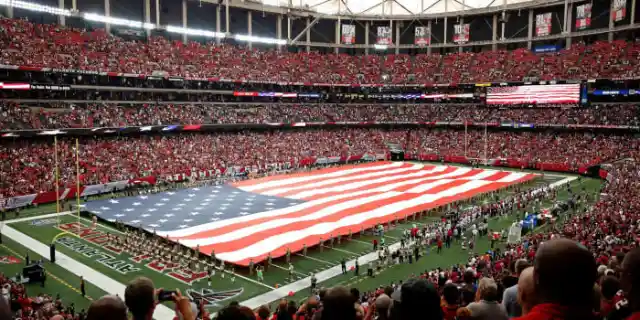
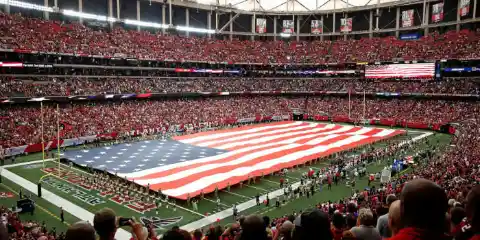
We must not drop it simply because the war is over. We should never forget what it stands for.”
This Week's Protests
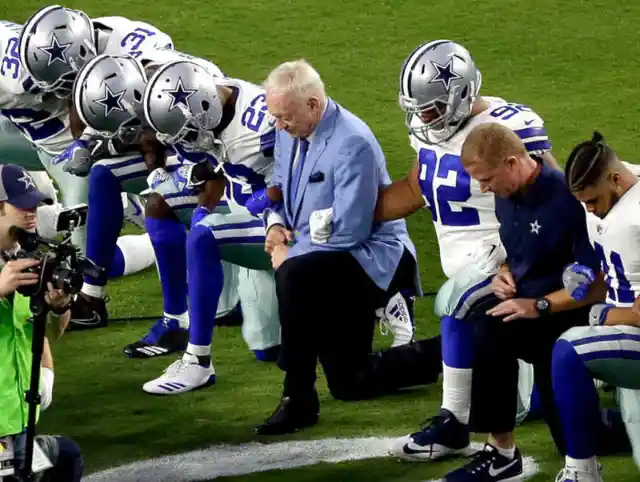
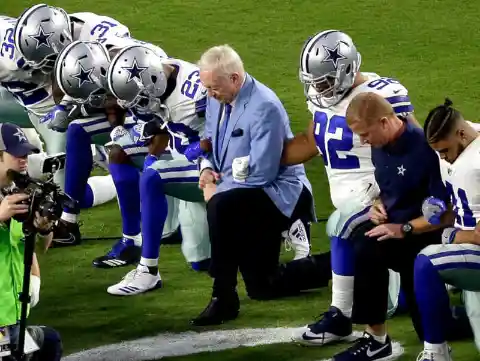
This week's protests are simply the latest in a long history of athletes making public statements in the name of civil rights and American patriotism.
Francis Scott Key
Some supporters believe that the history behind the anthem itself makes its performance a fitting time for African-American athletes to protest.
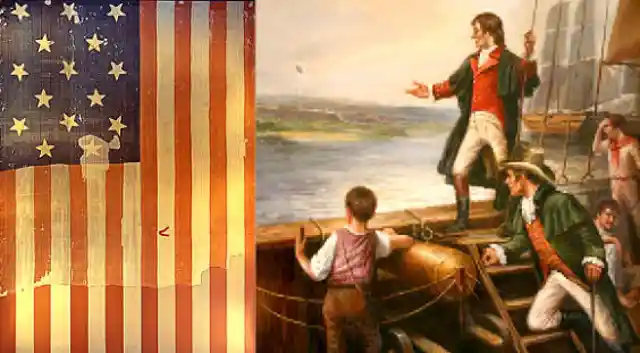
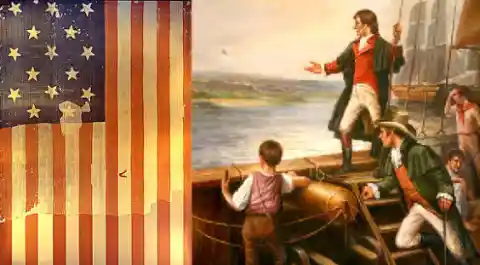
Given the politics of its writer, Francis Scott Key its believed he supported sending free blacks back to Africa and was as pro-slavery, anti-black and anti-abolitionist as you could get at the time.
The Unsung Stanza
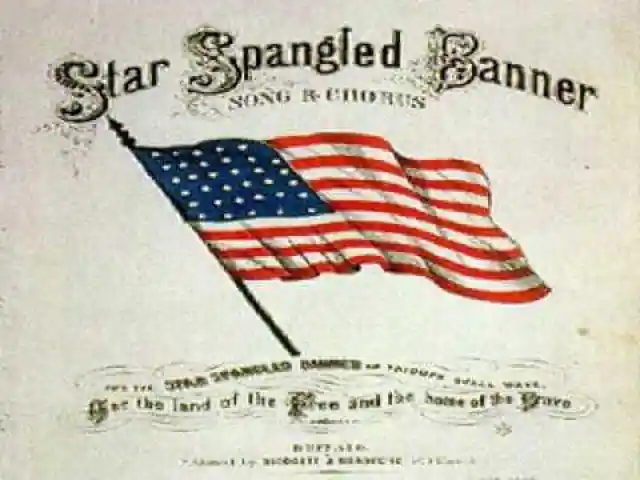
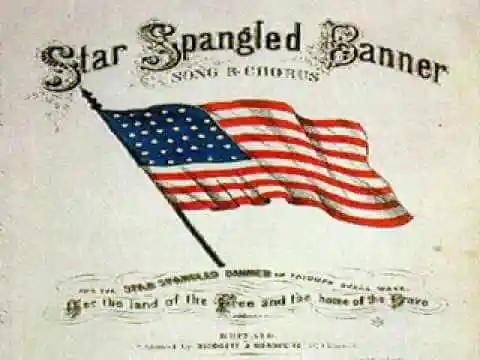
A third stanza that is almost never sung is specifically disparaging toward the runaway slaves who joined the British Army during the War of 1812 in exchange for their freedom.
Act of Prayer and Political Activism
Kneeling has long been an act of prayer and political activism. In 1965 the Rev.
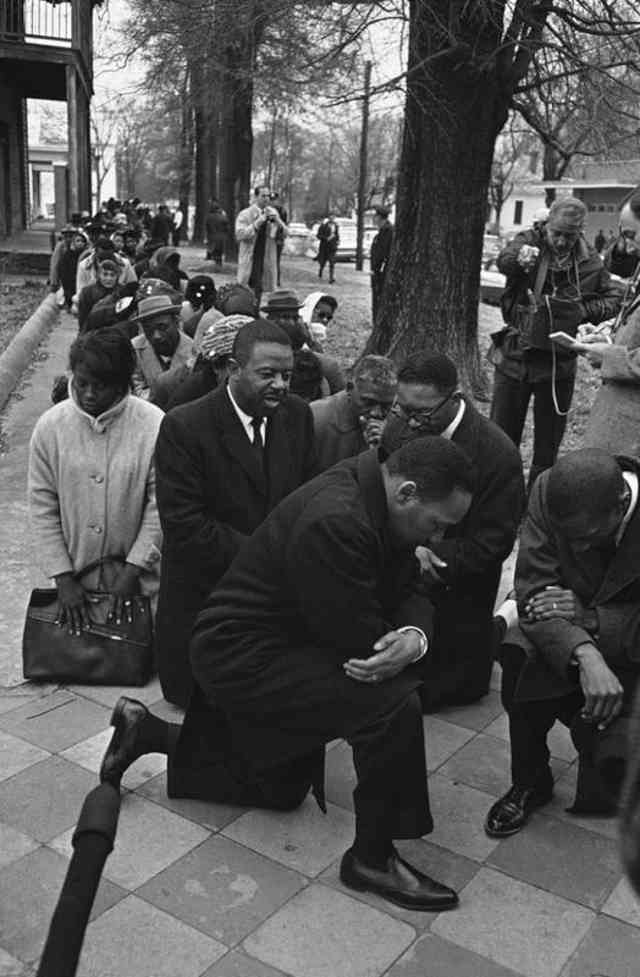
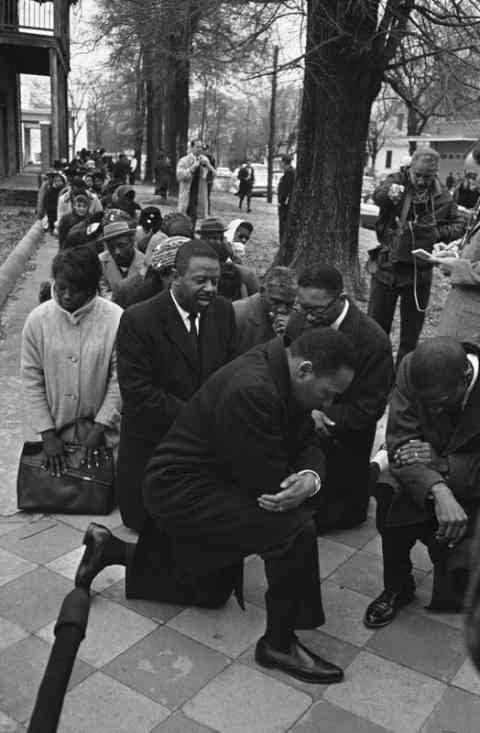
Martin Luther King, Jr. and other civil rights activists kneeled in prayer Selma, Ala., after more than 250 protesters were arrested on a march to the Dallas County Alabama courthouse to help get fellow African-Americans registered to vote.
Previous Protests
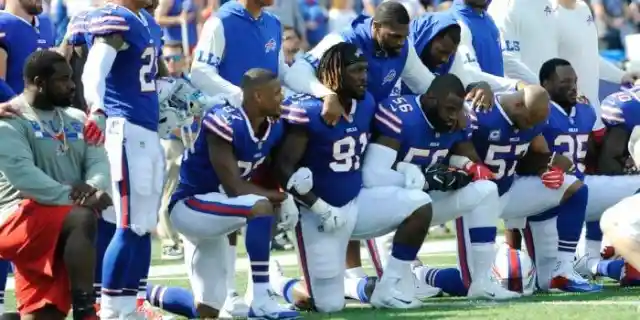
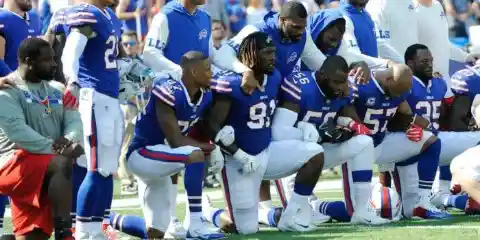
A week before the American Football League's all-star game was set to kick-off in New Orleans, 21 African-American professional players refused to play in the Big game because of discrimination that made it impossible for them to enjoy themselves in the week leading up to the game.
The Leader Of The Walkout
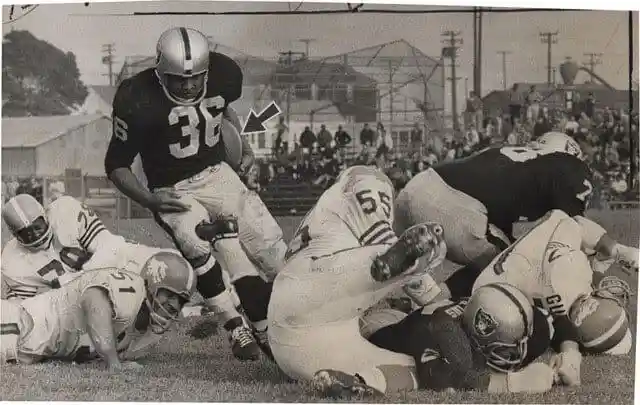
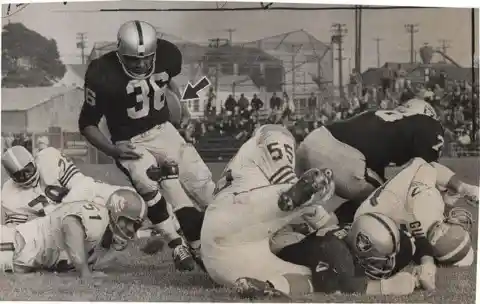
One of the leaders of the walkout, former Oakland Raiders running back Clem Daniels, recently recalled to TIME the prejudice he and fellow faced trying to do everything from hail a cab to hanging up a coat.
Black Power Salute
The raised fist of the "Black Power" salute is perhaps most famously associated, at least within athletics, with its use during the 1968 Olympics.
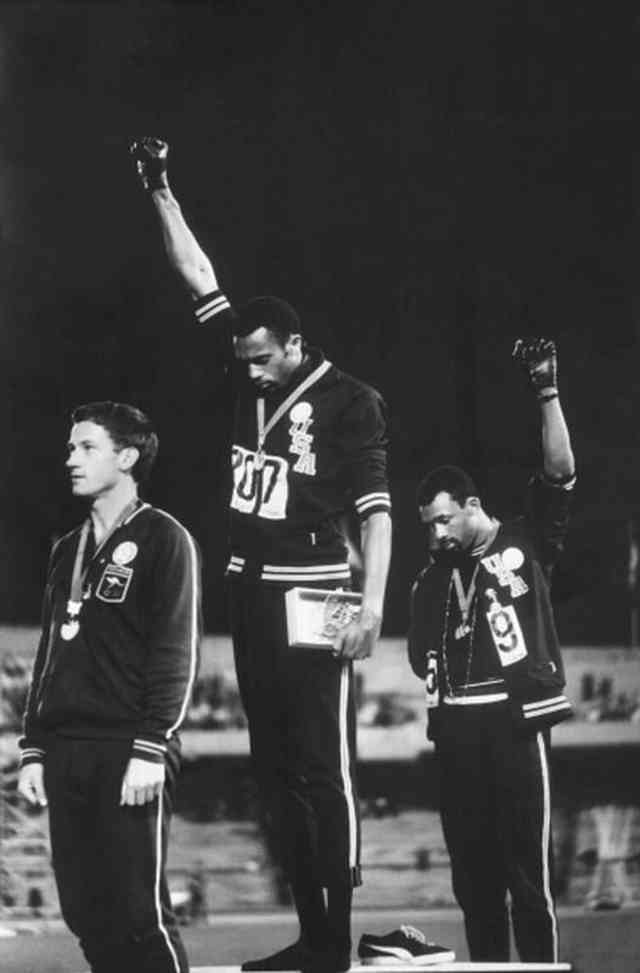
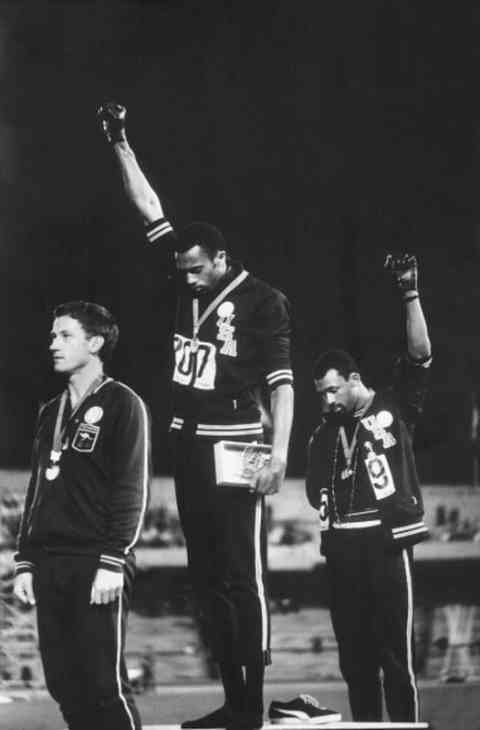
The moment during the medal ceremony for the men's 200-meter event at the Summer Games in Mexico City, when gold medalist Tommie Smith and bronze medalist John Carlos raised glove-covered fists.
Protests In Other Sports
There are many athletes outside of football who helped pave the way for the national anthem protests of 2017, and at least one famous story shows how standing up for a cause can have ramifications long after the game ends.
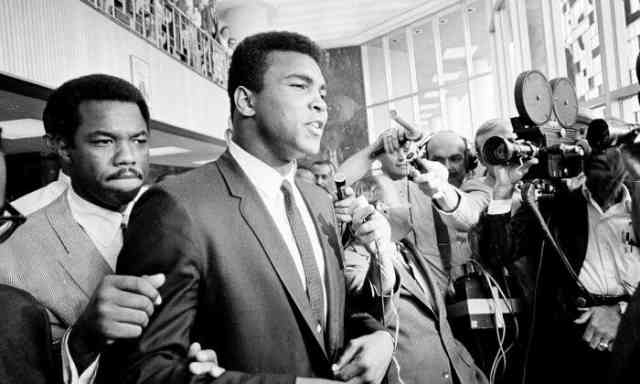
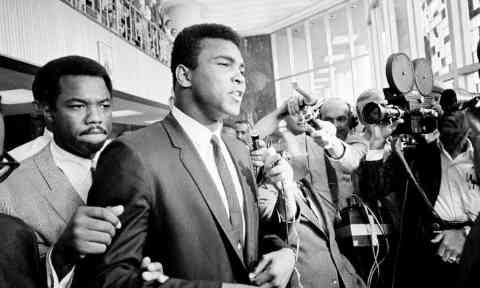
This famous athlete is the late boxer Muhammad Ali.
Muhammad Ali
Muhammad Ali, a devout Muslim, is not only known for being the first three-time heavyweight world champion, but also for refusing to enlisting in the Vietnam draft three times.
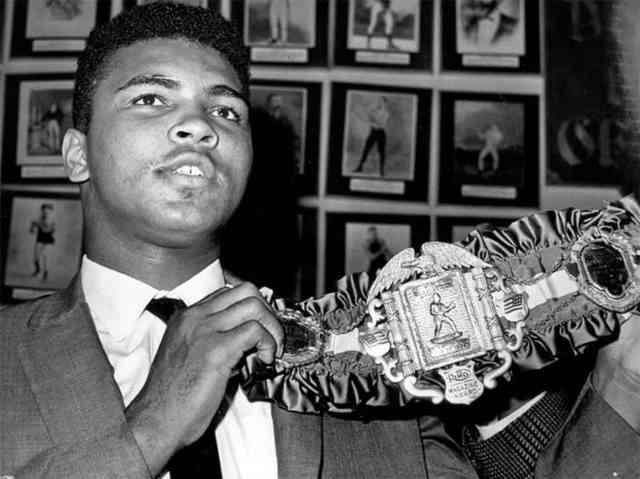
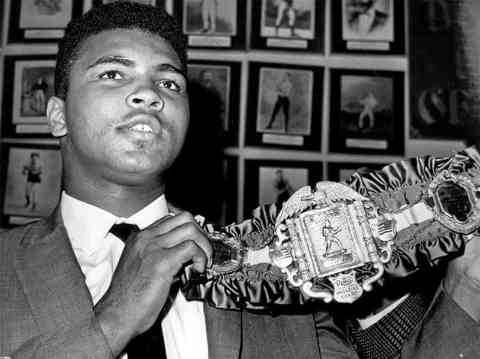
He argued that the war was against the teachings of the Koran.